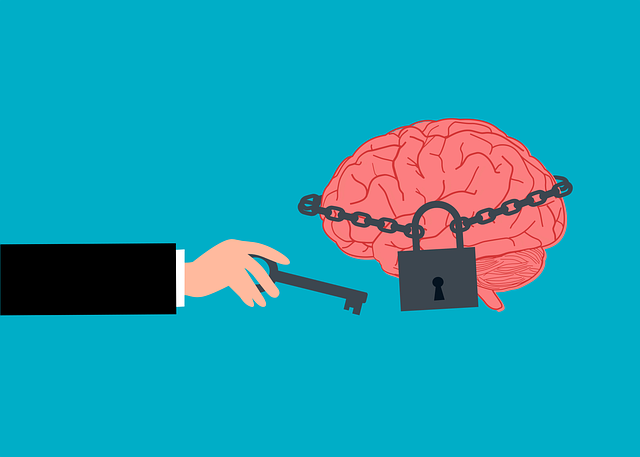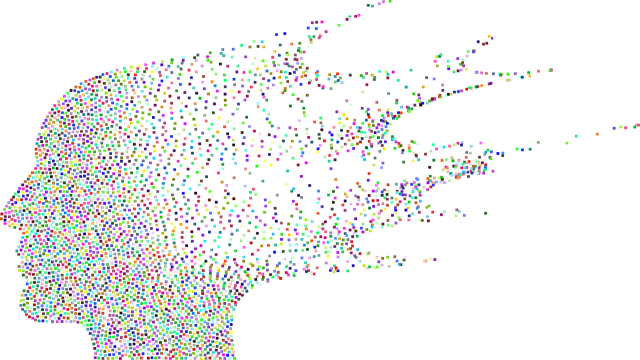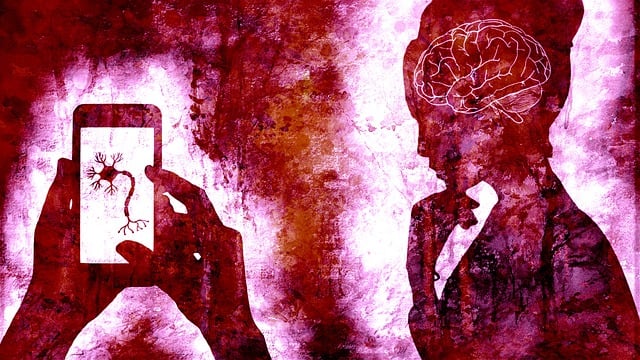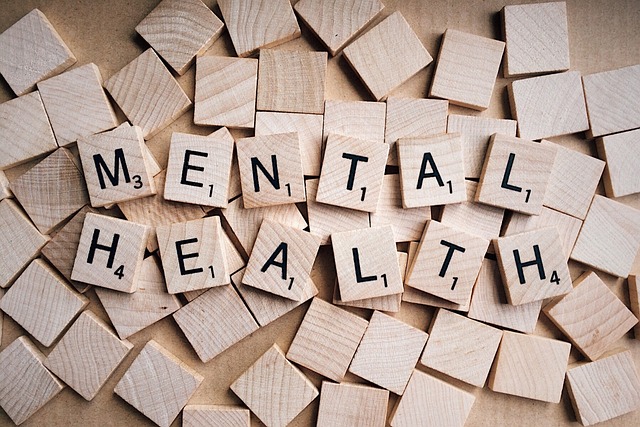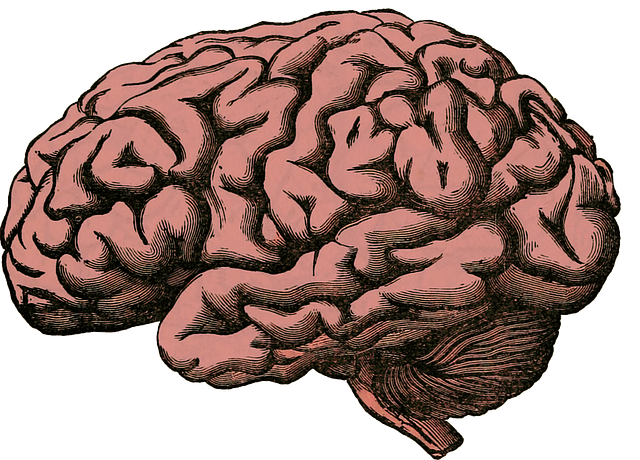Greenwood Village First Responders Therapy is revolutionizing mental health support for first responders by tackling media stereotypes through crisis intervention and specialized therapy. Their holistic program promotes resilience, empowers individuals with coping skills, and fosters understanding among the community. By offering accessible services and breaking down barriers, they normalize mental health conversations, especially for first responders, reducing stigma and encouraging proactive well-being. Collaborating with media to depict accurate, nuanced representations of mental illness is key to their mission, alongside educating audiences on emotional intelligence and risk assessment.
In an era where media influences public perception, accurate representation of mental illness is crucial. This article explores how societal attitudes towards mental health are shaped by media portrayals, delving into case studies like Greenwood Village First Responders Therapy—a community-based initiative fostering empathy and understanding. We analyze prevalent stereotypes and misconceptions in media, offering strategies for more nuanced storytelling. Additionally, we emphasize the vital roles of education and collaboration in challenging stigma associated with mental illness, inspired by innovative solutions like Greenwood Village’s approach.
- Understanding the Impact of Media Portrayal on Mental Health Perception
- Greenwood Village First Responders Therapy: A Community-Based Approach
- Identifying Stereotypes and Misconceptions in Mental Illness Depictions
- Strategies for More Accurate and Empathetic Media Representation
- The Role of Education and Collaboration in Challenging Stigma
Understanding the Impact of Media Portrayal on Mental Health Perception

Media representation plays a pivotal role in shaping societal perceptions about mental health. The way mental illness is depicted in movies, TV shows, and news articles can greatly influence public understanding and attitudes. Unfortunately, stereotypes and misconceptions often prevail, leading to further stigmatization and isolation for those struggling with their mental well-being. For instance, portraying characters with mental illnesses as violent or unpredictable reinforces fear and hinders the belief that therapy and support are effective coping mechanisms.
In Greenwood Village, First Responders Therapy recognizes this impact and strives to challenge these negative portrayals. They offer crisis intervention guidance and specialized services tailored to individuals facing mental health crises. By promoting accurate representation and providing resources for self-care routine development, they aim to empower folks with the coping skills necessary to navigate their journey towards better mental health.
Greenwood Village First Responders Therapy: A Community-Based Approach

In response to the growing need for better mental health representation, Greenwood Village has pioneered an innovative approach with its First Responders Therapy program. This community-based initiative aims to provide accessible and tailored support to individuals struggling with mental illness, particularly focusing on first responders like police officers, firefighters, and paramedics who often face unique challenges on the job. The therapy model emphasizes a holistic understanding of mental health, incorporating self-awareness exercises designed to enhance resilience and promote positive thinking. By offering specialized services within the community, Greenwood Village First Responders Therapy breaks down barriers, ensuring that those in need can access support without additional stress or stigma.
The program’s success lies in its tailored nature, addressing the specific traumas and stressors encountered by first responders. Through group sessions and individualized therapy, participants gain valuable tools for managing stress, anxiety, and depression prevention. By fostering an environment of understanding and open dialogue, Greenwood Village First Responders Therapy is making significant strides in normalizing mental health conversations while empowering individuals to take proactive steps towards their well-being, leading to a healthier and more supportive community overall.
Identifying Stereotypes and Misconceptions in Mental Illness Depictions

In depicting mental illness, media often falls into the trap of reinforcing stereotypes and misconceptions that can be deeply harmful. Common portrayals tend to reduce complex conditions to simplistic narratives, leading to oversimplified and inaccurate representations. For instance, showing a person with depression as constantly sad or a schizophrenic as completely delusional overlooks the nuanced experiences of these disorders. These stereotypes not only fail to do justice to individuals living with mental illness but also contribute to stigma and misunderstanding within society, including in Greenwood Village communities.
Addressing this challenge requires a shift towards more responsible and empathetic storytelling. Incorporating perspectives from those with lived experience, along with input from mental health professionals, can bring a level of authenticity that is crucial. By fostering cultural sensitivity in mental healthcare practice through these narratives, media can help promote emotional intelligence and self-awareness exercises, ultimately encouraging a more nuanced understanding of mental illness. This approach ensures that conversations around mental health are informed, compassionate, and respectful of the diverse human experiences they represent.
Strategies for More Accurate and Empathetic Media Representation

Media representation of mental illness plays a pivotal role in shaping public perception and understanding. To challenge negative stereotypes, media outlets can adopt strategies that promote accurate and empathetic portrayals. One such approach is to involve individuals with lived experiences as consultants or contributors, ensuring their voices are represented authentically. This method allows for a more nuanced depiction of various mental health conditions, challenging simplistic or sensationalized narratives.
Additionally, integrating scenes that showcase the complexities of mental health journeys, including setbacks and progress, can offer a realistic perspective. Collaborating with professionals like those from Greenwood Village First Responders Therapy who specialize in trauma support services can provide insight into accurate risk assessment for mental health professionals. Enhancing emotional intelligence through these collaborations ensures media content not only educates but also offers valuable trauma support services to viewers.
The Role of Education and Collaboration in Challenging Stigma

Mental illness representation in media plays a pivotal role in shaping societal perceptions and challenging stigma. Education is a powerful tool to dispel myths and misconceptions surrounding mental health issues. By integrating accurate and empathetic portrayals, media can foster understanding and empathy among audiences. Collaboration between mental health professionals, content creators, and influencers is essential in this process.
Greenwood Village First Responders Therapy, for instance, exemplifies such collaboration. This initiative brings together experts with media personalities to create campaigns that promote positive thinking and self-care practices. By addressing mood management techniques and normalizing conversations about mental illness, these efforts contribute significantly to breaking down barriers. Through open dialogue and shared experiences, the community can collectively work towards a more inclusive and supportive environment for those dealing with mental health challenges.
In challenging the representation of mental illness in media, we must look beyond surface-level changes and embrace collaborative efforts like the Greenwood Village First Responders Therapy model. By educating industry professionals and the public, we can dispel stereotypes, foster empathy, and ultimately improve mental health perceptions. Through accurate and compassionate media depictions, we have the power to revolutionize how society understands and supports those facing mental health challenges.
